Many factors can influence property’s value, from supply and demand to location, planned infrastructure projects. Let us explore what drives property prices up, what pulls them down and how you can find out what your home is worth.
“It is all about location” is a very popular saying in the real estate world and for good reason. The location of your property is one of the most important factors that affect a property valuation. Is it close to restaurants, schools, shops, public transportation, and other neighborhood amenities? Is it in a sought-after tourist destination? Is it close to the city center? Are the schools in this area the best schools for children? Are most people in the area employed or unemployed? The more popular and accessible an investment location is, the more valuable the property will be. All these things can pump the value of a property. On the other hand there can be location factors that affect the properties value, such as how safe the neighborhood is, how far away it is from the main hot spots in a city, if there is heavy traffic or bad transport links to and from the area.
In addition to the environmental and socioeconomic factors about the location another key factor that determines a property’s value is the local market. A property could be in the best condition, in the best location, with premium upgrades, the number of other properties for sale in the area and the number of buyers in the market can impact the properties value. If there are a lot of buyers competing for limited properties, it is known as a sellers market. In the case where there are more sellers than buyers, it is known as a buyers market. If you are buying in a buyer’s market, you will likely have more room to negotiate on the home’s price, timeline, and contingencies in the contract. Although if you are selling in a buyer’s market, you may have to adjust the price to attract more offers.
Another key influencing factor of a property’s value is the size of the property and usable space. The value of a property is roughly estimated in price per square foot — the sales price divided by the square footage of the home. For example a 2,000 square foot house sold for N200,000. The price per square foot would be N100. Furthermore to square footage, a home’s usable space matters when determining its value. Garages, attics, and unfinished basements are generally not counted in usable square footage. So if you have a 2,000-square-foot home with a 600-square-foot garage, that’s only 1,400-square-feet of livable space. Livable space is what is most important to buyers and appraisers. Bedrooms and bathrooms are most highly valued, so the more beds and baths your home offers, the more your home is generally worth. However these trends are very locally specific.
Number of years valid in the property title document for bare lands is another key factor. In addition, Age of an existing architecture is another factor that plays a major role in determining property’s value. Typically, the newer the property, the more buyers would be willing to pay for it since new properties do not usually require any major real estate renovations or repairs. Besides age, property buyers also consider the condition of the structure. Buyers would prefer a 20 -year old house that has been well maintained than a new one that will require a lot of renovation.
Last but not the least has to be the property features. In terms of a acquiring a bare land, properties that are close to lagoon here in Lagos, Nigeria tend to be more expensive because upon developing the property, the residents will have the lagoon view privilege, property developers can also decide to set up a private jetty, panoramic elevator, swimming pool, gymnasium and a cinema for the residents. All these features will automatically increase the valuation of the property in the market.
If you’d like to find out more about how to value properties or the value of a particular property, please do not hesitate to contact Demaxon.

